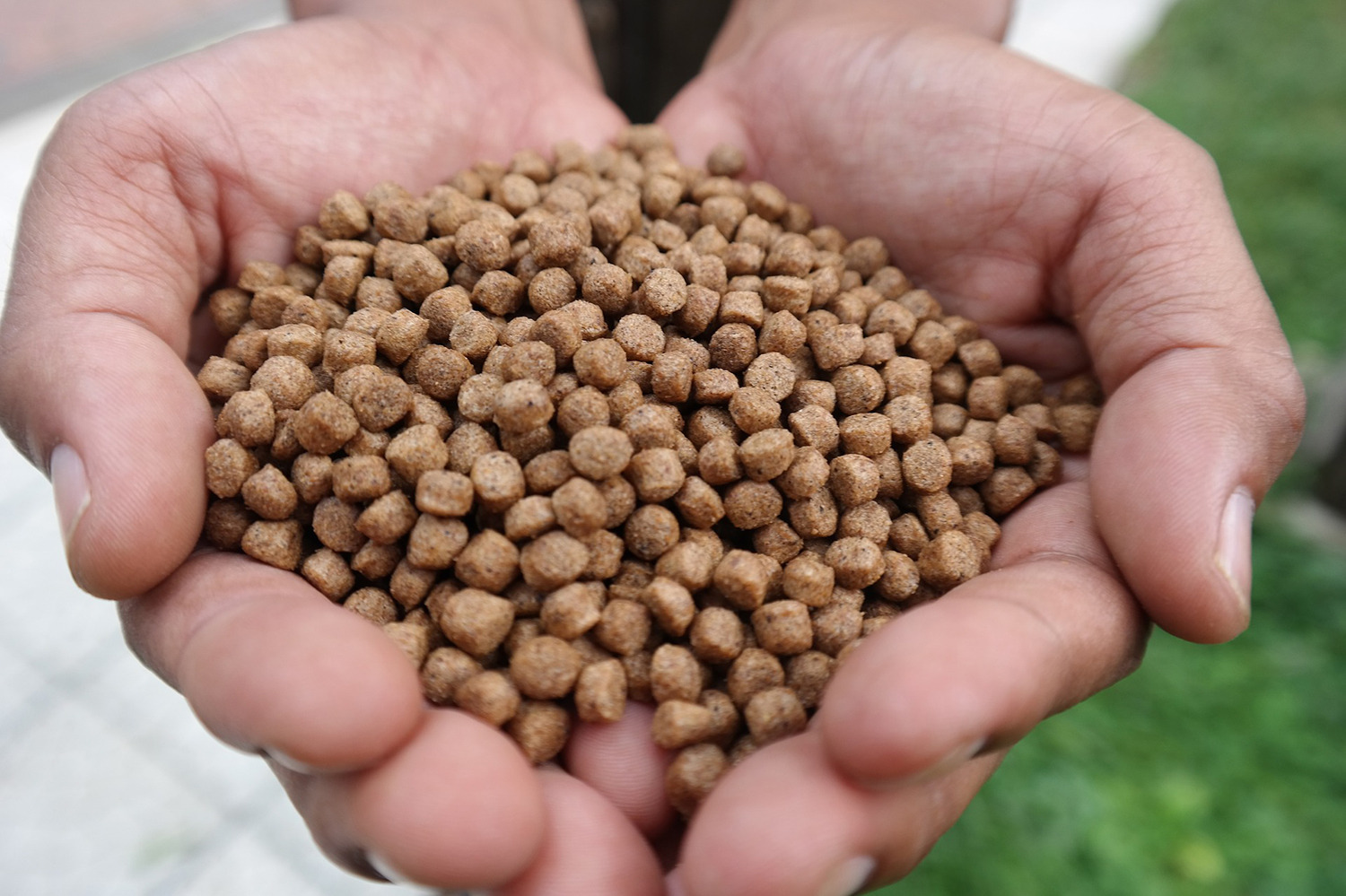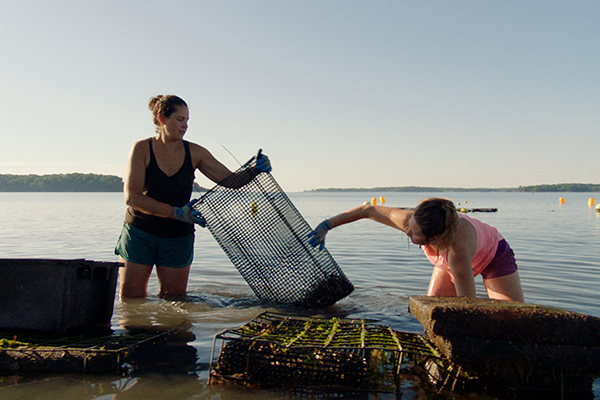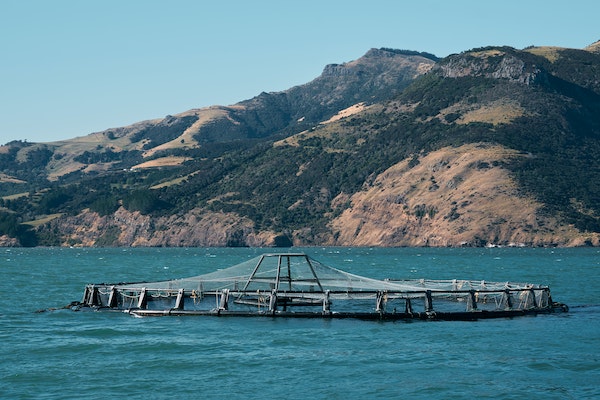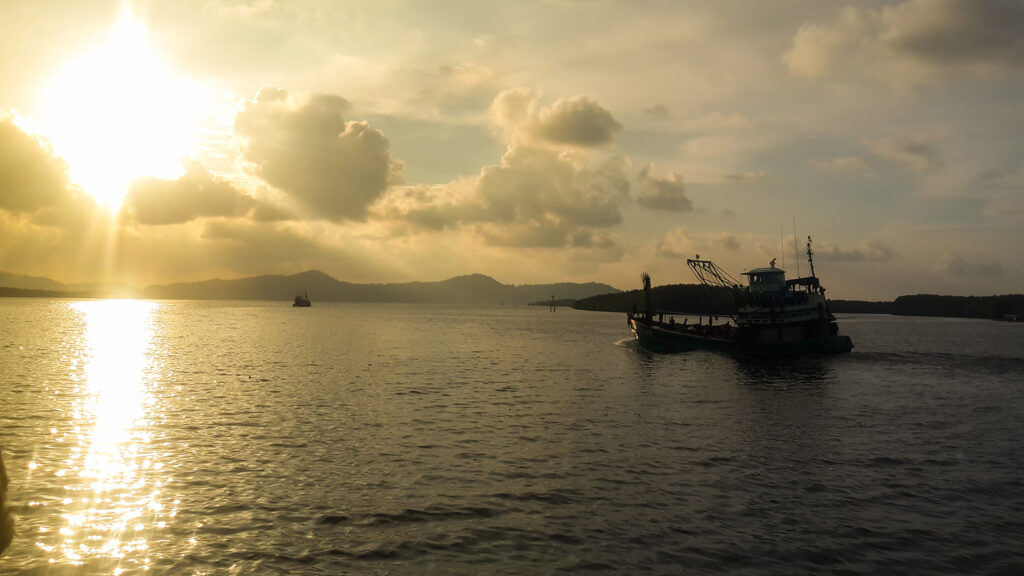Toolkit to increase transparency for aquaculture feed ingredients – ‘a critical step’ for seafood industry to improve sustainability

Sustainable Fisheries Partnership (SFP) has introduced the Aquaculture Feed Solutions Toolkit, which provides companies with a one-stop resource for addressing climate change, habitat and biodiversity risks associated with aquafeeds.
Designed to help seafood companies assess risks and make informed decisions, the toolkit aims to support sustainable practices across the industry. Funded by the Walmart Foundation, the toolkit includes more than 80 tools, standards, initiatives and platforms from various organizations, along with guidance and case studies outlining practical steps for improving aquafeed sustainability.
“We want all seafood companies to include aquaculture feed in their sustainability commitments and policies because feed poses significant environmental and climate challenges,” said Paul Bulcock, aquaculture information manager at SFP. “Addressing this issue, along with continued improvements in farm planning and management, will enhance aquaculture’s role as a low-carbon, environmentally sustainable and socially responsible food source.”
While multiple tools, standards and improvement initiatives have already been developed to assist the seafood supply chain in meeting the challenge of feed sustainability, the Feed Solutions Toolkit represents the first time these resources have been curated in one place.
Aquaculture now produces more than half of the world’s seafood, helping meet global demand and offering a lower-carbon option compared to other animal products. However, aquaculture feed has a major environmental impact, contributing to issues like deforestation, overfishing and pollution. Feed production alone accounts for up to 70 to 80 percent of aquaculture’s carbon footprint and up to 90 percent of impacts like land and water use. Major suppliers and retailers, including Sainsbury’s, Tesco, Thai Union and Walmart, have already set goals to enhance the sustainability of the aquafeed used in their products.
Now that you've reached the end of the article ...
… please consider supporting GSA’s mission to advance responsible seafood practices through education, advocacy and third-party assurances. The Advocate aims to document the evolution of responsible seafood practices and share the expansive knowledge of our vast network of contributors.
By becoming a Global Seafood Alliance member, you’re ensuring that all of the pre-competitive work we do through member benefits, resources and events can continue. Individual membership costs just $50 a year.
Not a GSA member? Join us.
Author
Tagged With
Related Posts

Responsibility
Sustainable Fisheries Partnership and SAGE partner to promote gender equality in seafood
Sustainable Fisheries Partnership and SAGE will promote gender equality in seafood, helping industry leaders create more inclusive workplaces.

Fisheries
SFP and Hilborn Lab update the Fishery Improvement Project Database
Sustainable Fisheries Partnership and Hilborn Lab have launched the sixth version of the Fishery Improvement Project Database.

Aquafeeds
Projects look to improve carbon footprint and biodiversity impact of aquafeeds
The Sustainable Fisheries Partnership aims to better understand, measure and reduce the environmental and carbon footprint of aquafeeds.

Fisheries
Can a data-sharing tool eliminate IUU fishing and make seafood supply chains more reliable?
The Sustainable Fisheries Partnership’s new data-sharing tool helps users identify environmental risks and eliminate IUU fishing in seafood supply chains.



